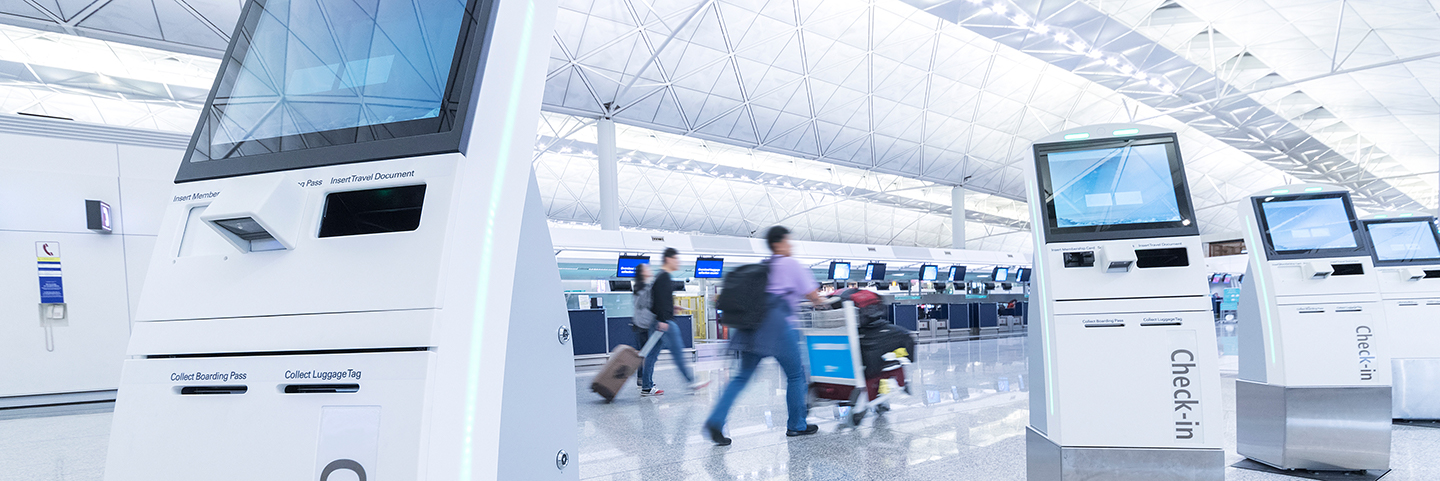
A guide to going paperless
In this blog we’ll explore the different reasons why you might want to go paperless, the benefits this can have, and how to change your different types of correspondence to the paperless option.
10 July 2023
What is paperless?
Paperless is a term for receiving many different types of documents in a digital, non-physical form. This could be your bank statements including credit cards and mortgages, utility bills such as your council tax or energy bills, insurance details or even receipts and invoices which can all be stored electronically.

What are the benefits of going paperless?
There are many benefits if you choose to go paperless, here's just a few of them:
1 - Reduce your paper waste
Think about how many sheets of paper you receive through your letterbox for your various household correspondence. Paperless changes the way you store your documents, giving you more space in your home by reducing the need to physically store files and folders full of paperwork. This means you can access your documents easily and conveniently all in one place.
2 - Keep your documents safe
There are many important documents we might need at certain points of our lives, insurance policies or proof of purchase for example. If these were lost, damaged or stolen then it could be difficult and time consuming to retrieve or replace these documents. Going paperless can make it easier to protect these documents and retrieve them to share with whoever might need them. You can even decide to have receipts from some shops sent to your email address, helpful if you need to return a purchase without having to find the paper receipt.
Keeping paper documents and then disposing of them when they’re no longer needed still gives fraudsters an opportunity to access your personal details from your paper waste. If you don’t securely destroy them, they could use them to commit fraud against you.
ActionFraud suggests:
“Destroy and preferably shred receipts with your card details on and post with your name and address on. Identity fraudsters don’t need much information in order to be able to clone your identity.”
Going paperless could help to remove the potential risk of fraud as your documents are stored securely in your password protected email account, online account or your own device. This means making sure your computer and devices are protected and as safe as possible. To find out how to do this, visit our course on device security.
3 - Access your documents quickly and easily
Why wait a few days for your paperwork to drop through the letterbox after they're produced? Whether they're downloaded onto your device or kept in your emails or cloud-based storage, your documents such as bank statements and utility bills can be accessed as soon as they're produced and shared with any organisation that requires them, like a solicitor or your local council. For more information on cloud storage visit our course here.
Storing your documents digitally gives you the opportunity to access them on the move from anywhere in the world, rather than having to pick them up from your home or other physical storage place.

4 - Check-in quickly
Travel companies and airlines have introduced paperless check-in, where a QR code is scanned from your email messages or their own dedicated app. This is starting to be introduced in various venues for concerts, sporting events, cinemas and attractions like zoos and theme parks, as well as a preferred way to check tickets on trains and buses.
5 - Saving money
Some businesses are encouraging their customers to go paperless, by offering discounts for their services if you choose paperless billing. You’ll need to read the terms and conditions to see if going paperless could help you achieve this.
How can I go paperless?
There are plenty of ways to go paperless, but you'll need to get in contact with the company you’re dealing with to give your permission for paper correspondence to no longer be sent out to your address.
There are many different types of companies that send you letters through the post, for example:
- TV Licence - if you pay for your TV licence, instead of paper you can have an online licence.
- Council Tax - to find your local council enter your details on the gov.uk website.
- Energy bills - whether it's electric, gas or both, contact your energy supplier to change to paperless billing.
- Water - to get your water bills paperless, contact your local authority by searching here.
Once you’ve switched to paperless you could receive documents directly to your email address or dedicated app enabling you to store them securely. You can then forward documents quickly and easily to anyone who requires them or download the information to your own device.
Switching your banking to paperless
What are Barclays doing?
At Barclays we're on a mission to reduce how much paper we use by encouraging our customers to choose digital statements and documents.
By going paperless, you can
- Reduce your paper waste
- Keep your statements and documents together, safely in one place
- Get reminders from us when you have new documents to view
If you're a Barclays customer find out how to go paperless below:
In Online Banking
- Log into Online Banking
- Choose 'Profile', then 'Statement and document preferences' under 'Communication preferences'
- Select 'Go paperless for all accounts'
In the Barclays app
- Open the Barclays app and tap ‘More’, then ‘Settings’
- Choose ‘Statement/letter preferences’
- Select ‘Go paperless for all accounts’
“You need to be 11 or over to access this service using the app. T&Cs apply.”
Watch our how-to video
We’ve put together a step-by-step video to show you how to go paperless and view your statements in our app. You can switch back to paper statements any time.
If you'd like to find out more about paperless options at Barclays, click here.
If you don't bank with Barclays
To check what your bank offers in terms of paperless options check their website or contact them directly.
If you’d like to find out more about the paperless and anything else digital, the Digital Eagles are running free online events to help you understand the subject offering lots of helpful hints and tips and further learning resources.

